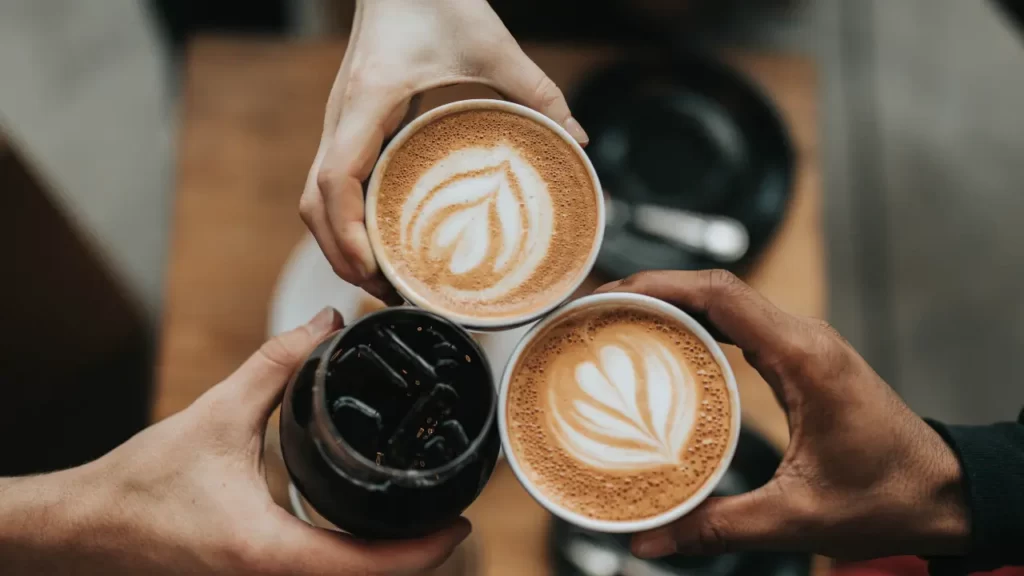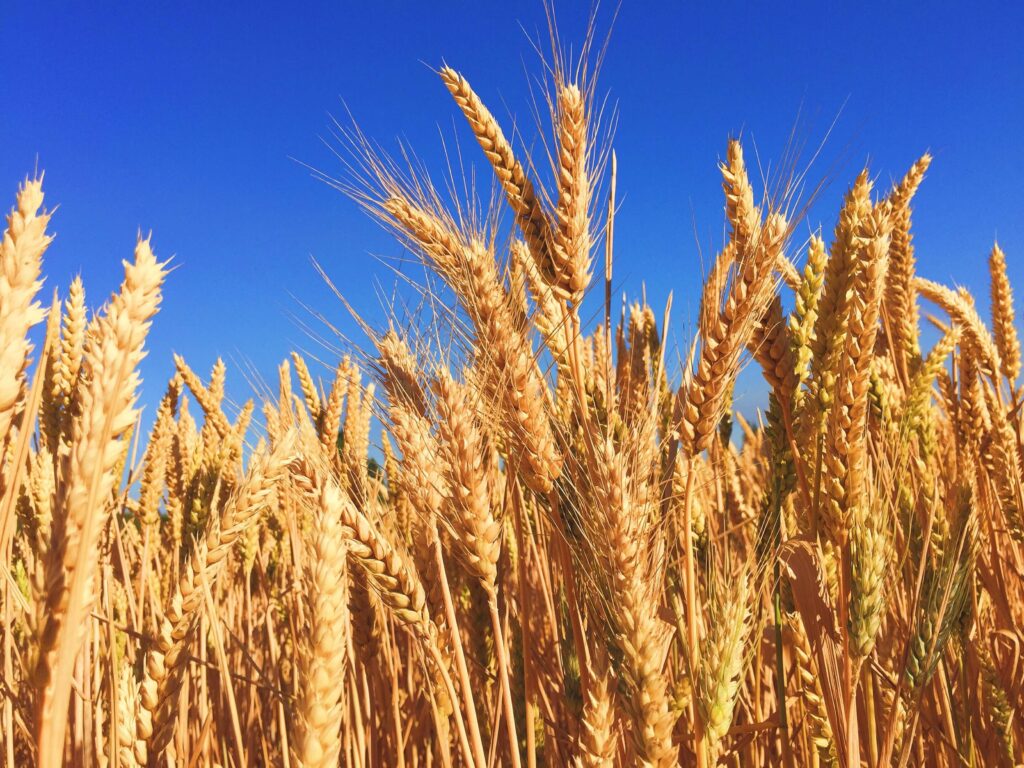Coffee has become a staple beverage in Pakistan as the country’s rapidly growing population embraces global coffee culture. With an increasing number of coffee enthusiasts, the demand for high-quality coffee has never been higher. In this article, we will explore the factors affecting the coffee price in Pakistan, the variety of coffee brands available, and how to get the best value for your money.
The Coffee Market in Pakistan
Contents
Popular Coffee Brands and Their Prices
Below is a table illustrating the prices of some popular coffee brands in Pakistan:
| Brand | Size | Price (PKR) |
| Nescafe Classic | 100g | 395 – 532 |
| Davidoff Café Rich Aroma | 100g | 1050 |
| Starbucks House Blend | 250g | 3440 |
| Jacobs Krönung | 200g | 2249 |
Last Updated on Aug 1, 2023. We want to make sure you have the most up-to-date information on prices.
You may also like: Biscuit Price in Pakistan
Please note that these prices may vary depending on the retailer and the region.
Specialty Coffee Shops and Their Offerings
In recent years, several specialty coffee shops have opened across Pakistan, offering high-quality, freshly brewed coffee. These shops typically source their beans from around the world, roast them in-house, and serve a wide range of coffee beverages. Prices for specialty coffee can range from PKR 250 to PKR 700 per cup, depending on the type of beans and the brewing method used.
How to Get the Best Value for Your Money
Tips for Buying Coffee at the Best Price
- Compare prices: Shop around and compare prices at different retailers before making a purchase.
- Buy in bulk: Larger quantities of coffee beans are usually more cost-effective.
- Look for sales and discounts: Keep an eye out for special promotions and seasonal sales.
- Consider local roasters: Buying from local roasters can be more affordable, and you’ll also be supporting local businesses.
Factors Influencing Coffee Price in Pakistan
Production Costs
The cost of producing coffee beans has a direct impact on the final coffee price in Pakistan. Factors such as labor, raw materials, transportation, and processing all contribute to the overall production costs.
Importation and Taxes
As Pakistan is not a major coffee-producing country, it imports the majority of its coffee beans. Import duties, taxes, and other fees levied by the government on imported coffee beans also contribute to the coffee price in Pakistan.
Currency Exchange Rates
Currency fluctuations can have a significant impact on the coffee price in Pakistan. As coffee beans are primarily traded in US dollars, any depreciation in the value of the Pakistani Rupee against the dollar will result in higher import costs and ultimately affect the retail price of coffee.
Demand and Consumption Patterns
The growing demand for coffee in Pakistan, driven by a burgeoning middle class and an increase in coffee shops, is another factor that affects coffee prices. High demand can lead to higher prices, especially if there is a shortage of supply.
Conclusion
The coffee price in Pakistan is influenced by a variety of factors, including production costs, importation and taxes, currency exchange rates, and demand. While popular coffee brands are widely available at varying prices, the specialty coffee market has also seen significant growth in recent years. To get the best value for your money, be sure to compare prices, buy in bulk, look for sales and discounts, and consider supporting local roasters. By doing so, you can enjoy a delicious cup of coffee without breaking the bank. As Pakistan’s coffee culture continues to evolve, we can expect to see more diverse offerings and competitive pricing in the market, making it an exciting time to be a coffee lover in the country.



